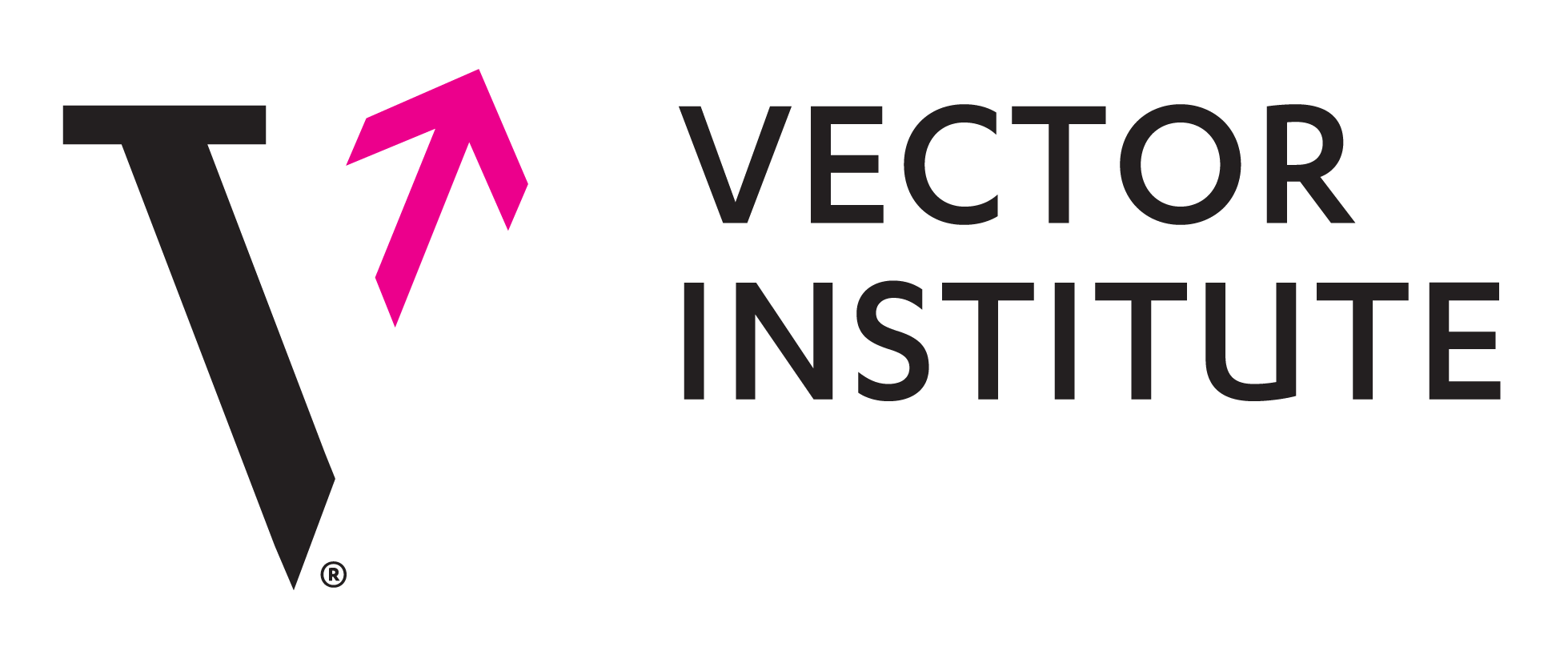
John Duchi (Aug 4th 01:00-03:45 UTC+2)
Tutorial recordingSlides
Tutorial: An Overview of Distributionally Robust Optimization
In this tutorial, I will give a three part overview of distributionally robust optimization, which considers optimization problems with uncertainty and ambiguity in the underlying data-generating mechanism, and attempt to connect it to concerns in machine learning and statistics. The tutorial will consist of three main facets. The first will be an overview of the optimization perspective on robustness, which attempts to give certificates of performance and related guarantees. The second will look at work in statistical machine learning, where we will connect robustness concerns with model performance--essentially orthogonal to familiar robust statistics--and make connections to performance on rare sub-populations, uniformity, and protections against poor tail behavior. In the third, I will make some connections to validity in predictions for statistical models, with suggestions for what I believe are important future directions.
About John
John Duchi is an assistant professor of Statistics and Electrical Engineering and (by courtesy) Computer Science at Stanford University. His work spans statistical learning, optimization, information theory, and computation, with a few driving goals. (1) To discover statistical learning procedures that optimally trade between real-world resources---computation, communication, privacy provided to study participants---while maintaining statistical efficiency. (2) To build efficient large-scale optimization methods that address the spectrum of optimization, machine learning, and data analysis problems we face, allowing us to move beyond bespoke solutions to methods that robustly work. (3) To develop tools to assess and guarantee the validity of---and confidence we should have in---machine-learned systems.
He has won several awards and fellowships. His paper awards include the SIAM SIGEST award for "an outstanding paper of general interest" and best papers at the Neural Information Processing Systems conference, the International Conference on Machine Learning, and an INFORMS Applied Probability Society Best Student Paper Award (as advisor). He has also received the Society for Industrial and Applied Mathematics (SIAM) Early Career Prize in Optimization, an Office of Naval Research (ONR) Young Investigator Award, an NSF CAREER award, a Sloan Fellowship in Mathematics, the Okawa Foundation Award, the Association for Computing Machinery (ACM) Doctoral Dissertation Award (honorable mention), and U.C. Berkeley's C.V. Ramamoorthy Distinguished Research Award.




